Here are some of the tips on what to include on your CV when applying for jobs in Denmark
- Participate in a workshop or a seminar on workplace culture in Denmark. These are often run by International House in Copenhagen, or private unions such as IDA. They can be very helpful in understanding what the Danish workplace is like, which is likely to also help you navigate the interview.
- Volunteer if you don’t find a job straight away. Do as the Danes do - volunteering is extremely common in Denmark and is a good way to both gain experience and expand your network. Volunteer work will be seen positively by future employers; it shows you are proactive and have good social skills. It might also help you to practice Danish!
- Figure out what your strong selling points are. Don’t be afraid to highlight your international profile and work experience – it may be what makes you stand out in comparison with Danish candidates.
What to include
- Personal information including your name, address, phone number, email, date of birth, marital status, children
- Education including your formal education (e.g. name of your degree, university attended)
- Work experience/your career including places where you have been employed and description of your main tasks and responsibilities. (Tip: if you have recently graduated and don’t have much work experience, write a little bit about your thesis, relevant projects, volunteer work and internships – show what else you have done)
- Any other relevant skills-related courses
- Languages / Study abroad experience
- IT skills
- How you spend your free time e.g. sports, and/or volunteer community work.
Your competencies
It is a good idea to reflect on your different competencies when drafting a CV. For example, try to distinguish what your personal competencies are as opposed to your professional ones. Your personal competencies might be that you are organised, approachable and communicative, whereas professional competencies are more oriented towards your skills such as that you know how to conduct market research or web-design. The last category is your general competencies, which can include languages or IT skills. It can be useful to make lists of your different competencies to help organise your approach before formulating the CV. Identifying what your competencies are is also likely to help differentiate how you stand out when compared with a Danish candidate. Perhaps you speak many languages? Highlight these types of things.
CV Tips
The CV is often the first point of contact between you and your future colleagues, therefore it is an extremely important document, and care should be taken with it.
- It is always a good idea to have someone read through your CV before you send it to an employer. This will help you correct errors and provide you with feedback. Structure and simplicity is important when you write your CV.
- It should be easy to glance through – employers will not have much time to spend reading it.
- In summary, the CV should include background, accomplishments, responsibilities, results.
- It is a good idea to make it clear that you understand the company and the job. This will set you apart from other candidates.
- Employers are also interested in work experience, social skills and personal interests, so don’t forget to include any hobbies or clubs you are involved in.
- Don’t forget that the goal of the CV is ultimately to quickly catch the attention of the reader, so information must be easy to read and clear to the reader. It can be very helpful to ask a friend or career advisor to take a look at your CV for you.




